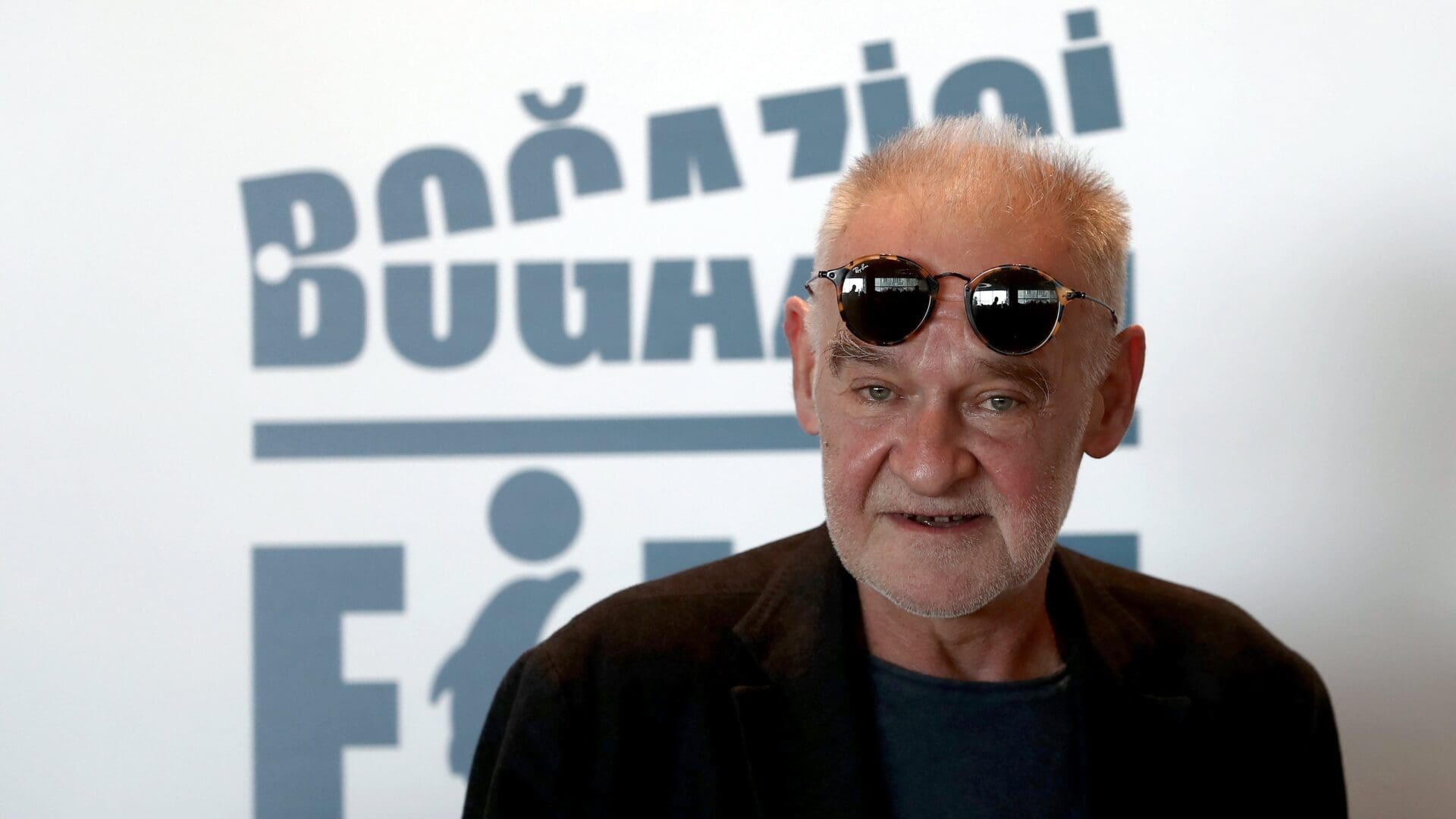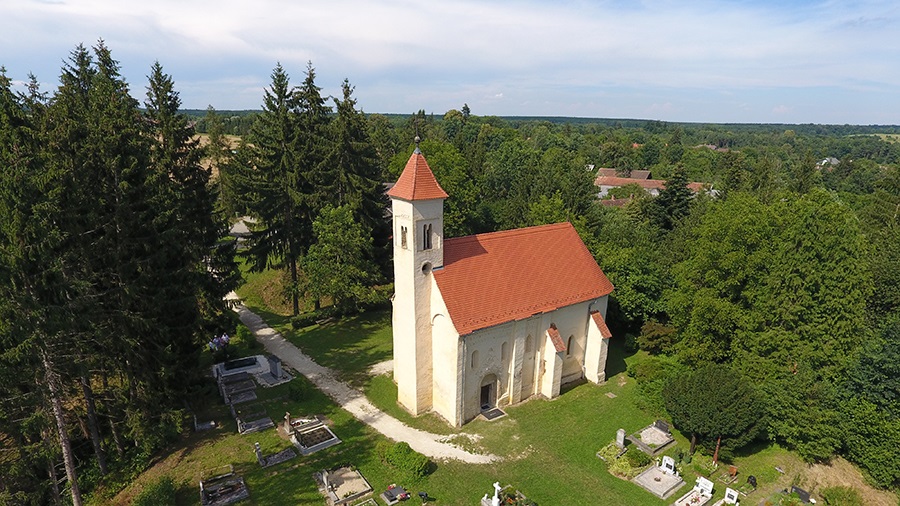Hungarian filmmaker Béla Tarr is to be presented with an Honorary Award the European Film Awards as a special recognition reserved for exceptional directors and prominent figures with a strong political presence. Tarr is not only highly esteemed within the film industry, but also celebrated by audiences across the globe.
Hungarian director Béla Tarr is set to be honoured with the Honorary Award by the President and Board of the European Film Academy at the 36th European Film Awards in Berlin on 9 December, according to The Hollywood Reporter.
The European Film Academy (EFA) stated on Wednesday that this award is a way of expressing their deep admiration for a remarkable director and a figure who wields significant political influence, earning respect from both peers and a global viewership. Béla Tarr will join the ranks of the few artists who have received this recognition, including Manoel de Oliveira, Michel Piccoli, Sir Michael Caine, Andrzej Wajda, and Costa-Gavras.
An Exceptional Artist
Born in Hungary, Tarr embarked on his filmmaking journey at the age of 16, and his debut feature, Family Nest began to showcase his talent. He continued to make his mark with films like The Prefab People in 1982 and Almanac of Fall in 1984, with Damnation receiving a nomination at the first European Film Awards in 1988.
One of Tarr’s most renowned works is Sátántangó, a 450-minute adaptation of László Krasznahorkai’s novel of the same name. It was featured in the Forum section of the Berlin Film Festival in 1994, where it won the Caligari award. The EFA highlighted that this film exemplifies Béla Tarr’s distinctive style, characterized by long black-and-white shots and a unique sense of rhythm. The setting of Sátántangó is a backwater place, where the characters live their lives monotonously and disillusioned. All of them are waiting for a Messiah who can change their destiny, so they start to believe in Irimiás in the hope of a better future, who, however, turns out to be a false prophet. Redemption fails and there is no way out of their hopelessness, but the ending of the film is still uplifting and unforgettable.
Additionally, his films Werckmeister Harmonies and The Man From London, an adaptation of Georges Simenon’s L’Homme de Londres featuring Tilda Swinton, were mentioned. The latter competed in Cannes in 2007 and celebrated Tarr as ‘Foreign Cineaste of the Year’ two years prior.
In 2011, his film The Turin Horse received the Grand Prix Silver Bear and FIPRESCI awards from the Berlin Film Festival and garnered a nomination at the European Film Awards.
In 2013, Béla Tarr established a film school known as ‘film.factory’ in Sarajevo, and he moved there in 2016.
Related articles:
Sources: Hungarian Conservative/The Hollywood Reporter








